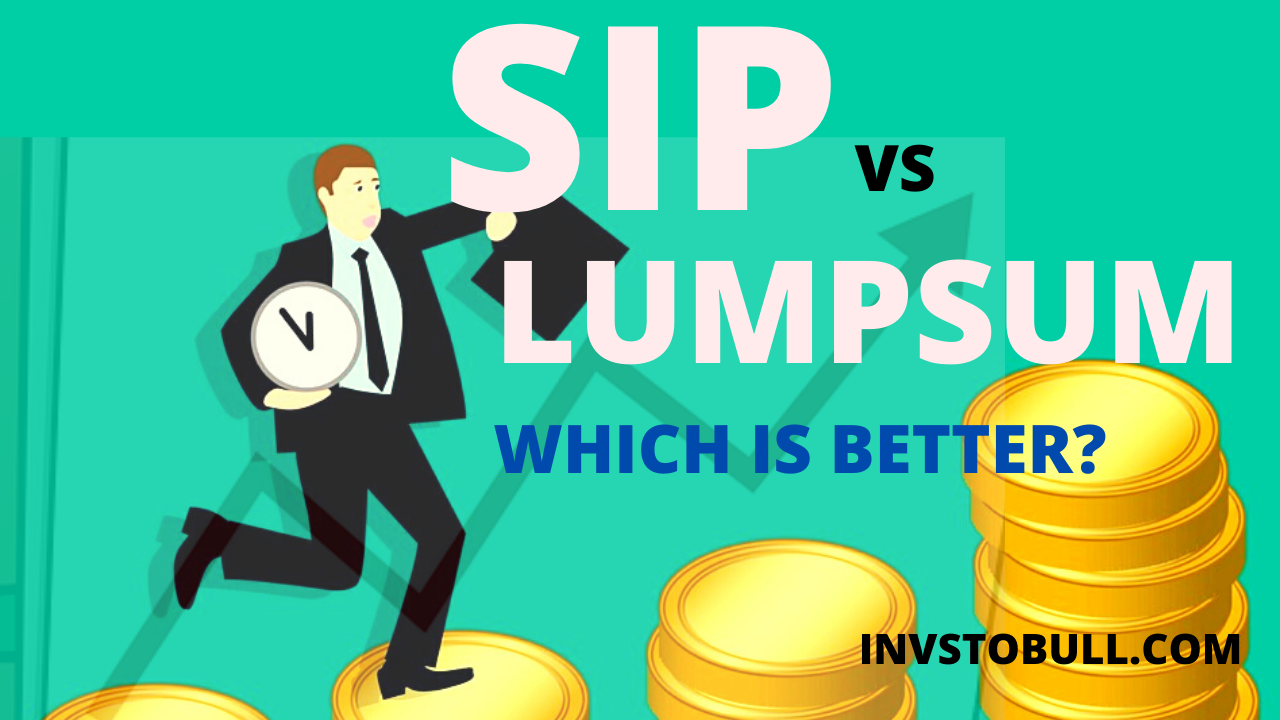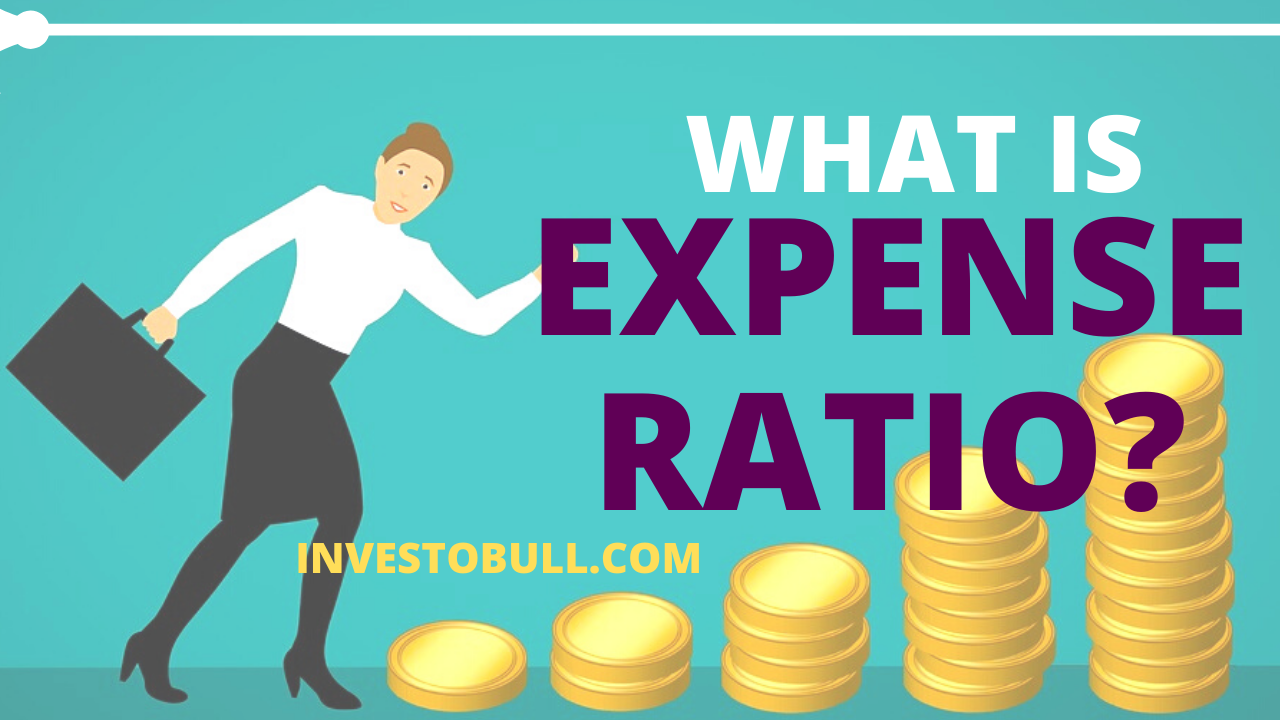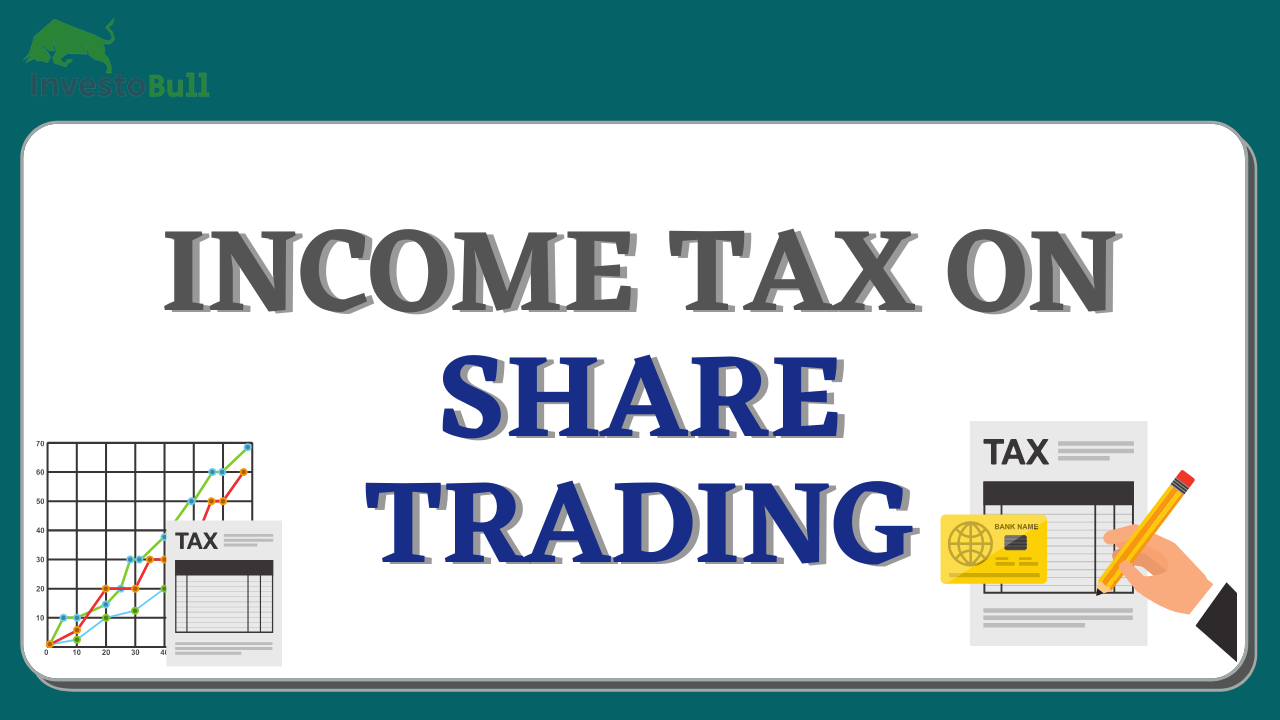This comprehensive blog will provide you with detailed information on the Income tax on share trading but before that, let us know about a trader and investor.
A trader is an individual who engages in the buying and selling of financial assets in any financial market, either for himself or on behalf of another person or institution.
The main difference between a trader and an investor is the duration for which the person holds the asset.
An investor is a person who invests in equity for the short term/ long term and invests in futures and options rarely.
Table of Contents
Income tax on share trading – Tax Slabs
Due to the crisis that the country faced during 2020, the central government had decided not to make any changes to the income tax slab for FY 2020-21 and carry it on in the new FY 2021-22. However, there was an exemption made towards the new slab.
Let us take a quick look at the table below on Tax Rate Slabs in India.
| Old Income Tax Slab Regime(FY 20-21) | New Income Tax slab Regime(FY 21-22) | ||
|---|---|---|---|
| Upto Rs 2,50,000 | NIL | Upto Rs 2,50,000 | NIL |
| Rs 2,50,001 – Rs 5,00,000 | 5% | ||
| Rs 2,50,001 – Rs 5,00,000 | 5% | Rs 5,00,001 – Rs 7,50,000 | 10% |
| Rs 7,50,001 – Rs 10,00,000 | 15% | ||
| Rs 5,00,001 – Rs 10,00,000 | 20% | Rs 10,00,001 – Rs 12,50,000 | 20% |
| Above Rs 10,00,000 | 30% | Rs 12,50,001 – Rs 15,00,000 | 25% |
| Above Rs 15,00,000 | 30% |
Suggestions: Using the Intradayscreener app, you can easily find the best stock to trade in the stock market
Gains made by an investor or trader
- Long term Capital gain(LTCG): If you sell your stocks/ mutual funds which are equity-oriented after 1 year then it is known as long term capital gain.
- Short term capital gain(STCG): If you sell your stocks/ mutual funds which are equity-oriented before 1 year then it is known as short term capital gain.
- Speculative business income: The income which you get from intraday equity is speculative income.
- Non-speculative business income: The income we get from profit/loss from futures and options or forward is known as non-speculative business income.
Let us learn about 4 tags and whether we can offset if we get a loss in any of this income.
Short term Capital Gains (STCG)
- You will get a flat 15% on the profits made
- The short term loss can’t be offset against salary income or other business income.
- Short term capital losses are allowed to be set off against both long term gains and short term gains. It can be carried forward in case of loss to the next 8 years if remains unadjusted.
Let us take an example, if u buy listed stocks or equity-oriented mutual funds today for Rs. 50,000/- and sell the same within the period of 12 months, say at Rs. 55,000/-, then the profit or gain of Rs. 5,000/- is taxed as a short term capital gain(STCG) and you have to pay 750 rs as TAX.
Long term capital gains (LTCG)
- The 10% TAX on the capital gains excess 1 lakh made on equity/equity-oriented mutual funds.
- The purchase and sale of shares have to be conducted via a recognized exchange.
- Long term capital loss can’t be offset against salary income or other business income. It can be offset against short term capital losses only.
- Loss can be carried forward in case of loss to the next 8 years.
Scenarios
People buy stocks for the long term and hold for more than 1 year and sell before 31st march then they don’t need to pay any long term capital gains tax. The people who sold after 1st April should pay long term capital gain tax and calculated by using the formula above.
Check our recent post: How to use Fibonacci to find Positional Targets?
Speculative Business Income
- The Intraday profits or losses come under speculative business income, as you are earning without taking delivery.
- This is added to ‘ other income ‘ and taxed as per the tax slab you fall in.
- Loss can’t be offset against salary income or other non-speculative business income etc. can be set off only against speculative income.
- Gain can be against loss from non-speculative income.
- It can be carried forward in case of loss to the next 4 years.
Non-speculative business income
- The Futures and options profits or losses come under non-speculative business income, as the contracts are meant to be held for a longer time.
- This is added to ‘other income’ and taxed as per the tax slab you fall in.
- Loss can’t be offset against salary income but can be offset against the speculative gain.
- Loss in F&O can be offset against other business income profits.
- It can be carried forward in case of loss to the next 8 years if filed on time.
Declare Trading as business income
- Short term Capital Gain will come under business income.
- You can claim expenses like advisory charges, internet charges, etc.
- Need an audit for the same.
Income tax on share trading – Audit
An audit is a proof of whatever we have declared is correct, auditing costs Rs. 10,000-15,000. It is required in three situations, which are
- If your trading turnover exceeds Rs. 2 crores in a financial year in the case of F&O and equity or combined.
- If you have to carry forward losses in F&O.
- If your turnover doesn’t exceed Rs. 2crore but you are under losses or your profit is less than 8% of the turnover and your total income is greater than the basic exemption limit.















Leave a Reply